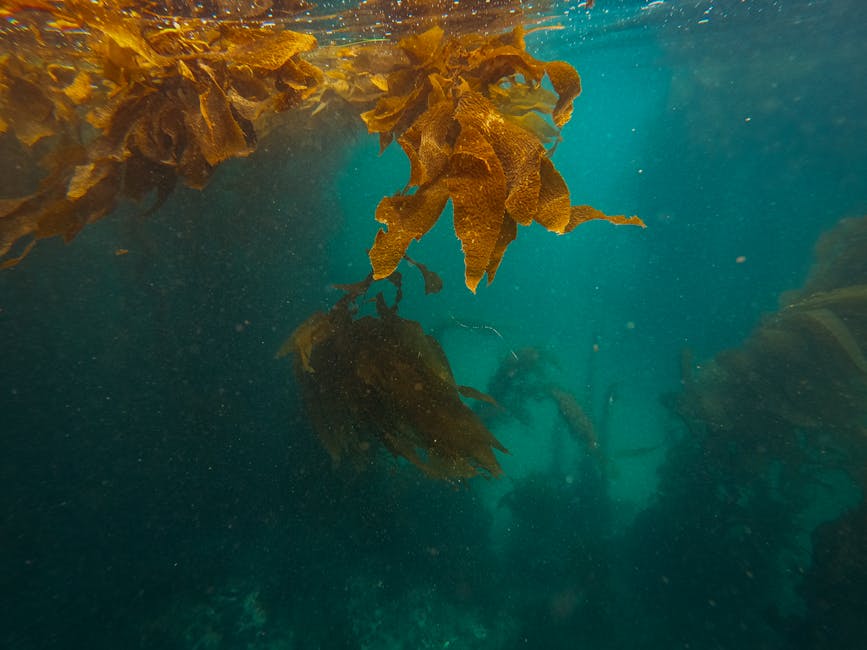Exploring Indigenous Cultures: A Deep Dive
Did you know there are over 370 million Indigenous people around the world? They belong to more than 5,000 different cultures! Each group has its own unique traditions, languages, and stories. In this article, well take a deep dive into Indigenous cultures, exploring their importance, values, and the challenges they face today.
What Are Indigenous Cultures?

Indigenous cultures refer to the traditions, languages, and ways of life of the first people to inhabit a region. They often have a close relationship with the land, viewing it as sacred. This connection influences their art, spirituality, and social structure.
For example, the Navajo Nation in the United States has rich traditions that center around nature and community. Their weaving, pottery, and music tell stories that have been passed down for generations.
Why Are Indigenous Cultures Important?

Indigenous cultures contribute to the rich tapestry of human history. They offer unique perspectives on living sustainably and in harmony with nature. Respecting these cultures can teach us valuable lessons about conservation and community.
- Environmental Knowledge: Indigenous people have cultivated a deep understanding of their ecosystems. They use traditional practices to manage land and resources sustainably.
- Cultural Diversity: Each Indigenous group adds to the world’s cultural diversity. Their languages and customs enhance our global heritage.
- Resilience: Despite facing numerous challenges, Indigenous cultures have persisted and adapted over time. Their resilience inspires others.
What Are the Common Misconceptions?

Many people have misconceptions about Indigenous cultures. Here are a few common ones:
- They Are All the Same: Indigenous groups are diverse. Each has its own language, customs, and beliefs.
- They Live in the Past: While they honor their traditions, Indigenous peoples also embrace modern life. Many are active in contemporary issues.
- They don’t Contribute to Society: Indigenous people are involved in various sectors, from arts to politics, contributing significantly to society.
How Do Indigenous Cultures Communicate?

Language is a vital part of any culture. Many Indigenous groups have their own languages, often with unique sounds and structures. For example, the Maori language in New Zealand includes words that express deep connections to the land.
Unfortunately, many Indigenous languages are endangered. According to the United Nations, 40% of the world’s languages are at risk of disappearing. Revitalization efforts are crucial to preserving these languages for future generations.
What Role Does Storytelling Play?
Storytelling is essential in Indigenous cultures. It serves as a way to pass down knowledge, teach values, and entertain. Stories often include elements of nature, ancestors, and moral lessons.
Consider this: In many Indigenous cultures, a story about the creation of the earth might also explain how to treat the environment. This blending of storytelling and teaching emphasizes the importance of living in balance with nature.
What Are Some Traditional Practices?
Indigenous cultures have many traditional practices that reflect their values. Here are a few examples:
- Art: Indigenous art often showcases their connection to nature and spirituality. Patterns and colors hold specific meanings.
- Traditional Medicine: Many Indigenous peoples use plants for healing, relying on centuries of knowledge about natural remedies.
- Rituals and Ceremonies: These events mark important life stages and community gatherings, strengthening social ties.
What Challenges Do Indigenous Cultures Face?
Indigenous cultures face significant challenges today. Some of these include:
- Displacement: Many Indigenous peoples have been forced off their lands due to colonization or development projects.
- Loss of Language: As younger generations grow up in urban areas, they often lose touch with their native languages.
- Climate Change: Indigenous communities are among the first to experience the effects of climate change, threatening their way of life.
Experts stress the importance of supporting Indigenous rights and preserving their cultures. As Dr. Jessica Hernandez, an Indigenous scientist, said, We need to recognize that Indigenous knowledge is vital for our survival on this planet.
How Can We Support Indigenous Cultures?
Supporting Indigenous cultures involves several steps:
- Education: Learn about different Indigenous cultures. Understanding their history and struggles fosters respect.
- Support Indigenous Businesses: Buy from Indigenous artisans and companies. This helps sustain their economies and traditions.
- Advocate for Rights: Support policies that protect Indigenous lands and cultures. Your voice matters!
What Can We Learn from Indigenous Cultures?
Indigenous cultures offer us valuable lessons in sustainability, community, and respect for nature. They remind us of the importance of preserving our planet and it’s diversity.
To truly appreciate these cultures, we should listen to their stories and honor their traditions. Engaging with Indigenous voices helps us build a more inclusive world.
Conclusion: Taking Action Together
Exploring Indigenous cultures is not just about learning; it’s about taking action. By understanding their values and challenges, we can work together for a brighter future. Lets celebrate the richness of Indigenous cultures and support their contributions to our world.
For more information on Indigenous rights and cultures, visit the United Nations Permanent Forum on Indigenous Issues: UN Indigenous Peoples.
If you’re interested in a related topic on the importance of cultural heritage, check out our post on Cultural Heritage Preservation.
